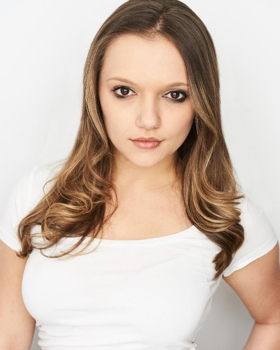BWW Blog: How Working 'Behind the Table' Will Bring Out the Best 'You'

The start of February means we are knee-deep in audition season, whether it's Unifieds weekend for high schoolers or summer stock auditions for college students and professionals. With two auditions under my belt already and at least one every weekend until spring break, I find myself more at ease this year in my preparation for audition season. "At ease" is something you don't normally hear during these intense few months of presenting yourself to possible employers, but "at ease" to me means I am more in control of what I have to offer.
Last year's audition season for me was a whirlwind to say the least and it was a firsthand experience with serial rejection. I knew I was talented enough to book these shows, and even though I could see myself in these types of roles and shows, I took it so personally when the people behind the table did not agree. It wasn't until I started assisting the dance calls for my university that I started to realize why the people behind the table make the decisions they do. Although I was not making the decisions as to who was accepted to the program, the kids who stood out to me were the ones who had a strong sense of self and made me want to talk to them afterwards, in addition to executing the choreography. It allowed me to realize that I was letting my nerves get in the way of my performing abilities and that I wasn't connecting on a more personal level with the creative team. Dancers are just people, and choreographers want to work with people and not just bodies who can dance and sing.
Even though I am just one year older, I learned a lot last year from running auditions and going to auditions of my own, and I strive to not make the same mistakes I did last year. Some of the lessons from last year that I'm going to hold true as I maneuver this year's auditions are:
-Go out for shows that emphasize my strengths.
-Be as prepared as possible for what I can prepare (dance call, song cuts, proper attire and any additional notes the audition notice may have inquired)
-Be aware in the room and don't go on autopilot.
-Don't appear too eager.
-Socialize! I still see people I know from college auditions, summer intensives and past productions at almost every audition and it's nice to reconnect with friends while we are still studying at universities around the country.
Following this advice has already led me to two successful auditions and I feel much more in control of where I'm going. My experience last year is why I advocate that any kind of experience running auditions is essential to training as a performing arts student. Knowing how "behind the table" works, whether it's on a professional or educational scale, will ease some of the anxiety about serial rejection and make you a stronger, more honest performer when you are in the moment at an audition.
Comments
Videos


